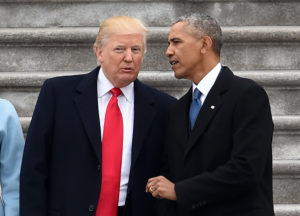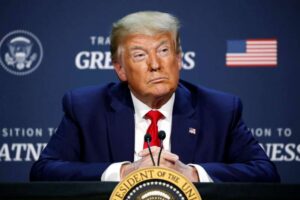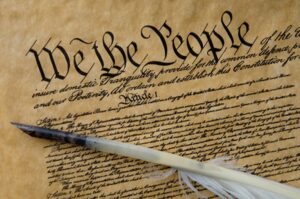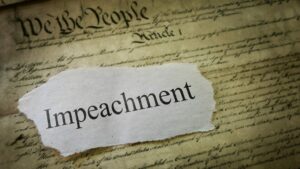By JOHN KANELIS / johnkanelis_92@hotmail.com
Robert Woodward practically needs no introduction.
He is a legendary journalist who, with the equally legendary Carl Bernstein, produced a body of work that resulted in the near impeachment and resignation on an American president.
So now he has sat down with Donald Trump and is about to release a new book called “Rage.” What did Trump tell Woodward … to his face? Oh, just that he knew in February that the coronavirus pandemic was serious and could kill thousands of people but that he kept that information from the public.
Trump told Woodward, “I still like playing it down, because I don’t want to create a panic.”
OK, there you go. Donald Trump took an oath to protect Americans. He has admitted to Robert Woodward that he welshed on that promise. On purpose!
How in the world is Trump going to defend this once the book is published? Oh, I know. He’ll say Woodward made the quotes up, that he never said it and that the legendary journalist is a practitioner of “fake news.”
To think as well that millions of Americans will buy into the president’s ridiculous denial!









